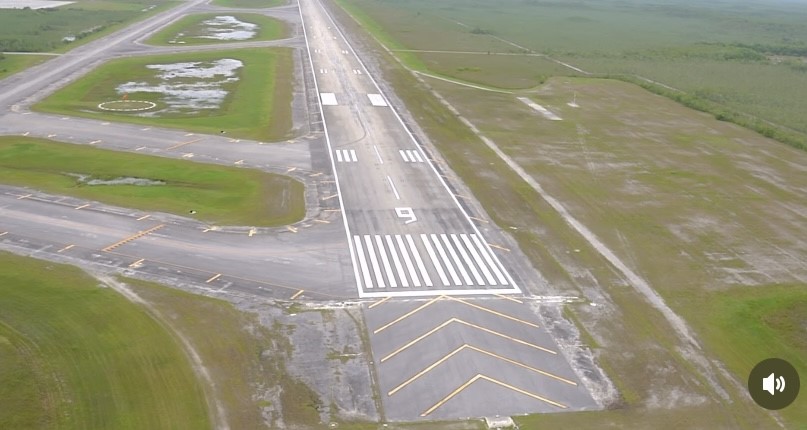The Department of Homeland Security has announced that Florida will receive federal funding to build new detention centers for undocumented immigrants. Among the proposed sites is a particularly controversial facility in the Everglades, nicknamed “Alligator Alcatraz” by state officials due to its remote location and the harsh surrounding environment.
On Monday, Homeland Security Secretary Kristi Noem stated that the funding will come “primarily” from the Federal Emergency Management Agency’s (FEMA) shelter and services program, an initiative originally designed to support communities hosting migrants released from custody along the U.S.-Mexico border. Although FEMA, the agency responsible for disaster relief coordination, has been significantly downsized under the new Republican administration, it is expected to play a central role in the renewed immigration strategy.
Noem said that under President Trump’s leadership, the Department is working at “turbo speed” to find cost-effective and innovative solutions to implement the popular mandate for the mass deportation of undocumented individuals with criminal records. She added that, thanks to cooperation with Florida, detention infrastructure and bed capacity could be expanded within days.
This decision follows last week’s announcement by authorities in the “Sunshine State” outlining a plan to help the federal government increase detention capacity in anticipation of a faster pace of deportations. Florida Attorney General James Uthmeier revealed plans to repurpose a largely abandoned airport in the Everglades. According to Uthmeier, the facility to be built on the site was quickly dubbed “Alligator Alcatraz” because, he explained, anyone attempting to escape would face alligators and pythons in the treacherous surrounding wetlands.
Visualizza questo post su Instagram
He also confirmed that the federal government has approved the state’s plan, which includes the construction of several detention centers with a combined capacity of up to 5,000 people. According to officials, the first detainees could arrive as early as next month. While authorities describe the facilities as temporary, the logistical layout suggests they may be in operation for a longer term.
The initiative is part of a broader strategy of cooperation between Republican-led states and the Trump administration, aimed at intensifying the crackdown on irregular immigration. As the federal government seeks to ramp up arrests and deportations nationwide, states such as Florida, Texas, and Louisiana are playing an active role in strengthening restrictive immigration policies.
In Texas, the National Guard has already been authorized to act as an immigration enforcement body—a precedent now echoed in the direct involvement of state law enforcement in Florida as well.
Building a detention facility in an ecologically fragile area like the Everglades raises serious questions about environmental impact, detainee conditions, and human rights. Moreover, the use of evocative expressions like “Alligator Alcatraz” helps shape a narrative that risks normalizing extreme and potentially inhumane forms of isolation.
Nonetheless, for its proponents, these complexes are seen as a “pragmatic and necessary” solution to ensure security and legal order, particularly in light of the projected increase in arrests outlined by the right’s policy agenda.












